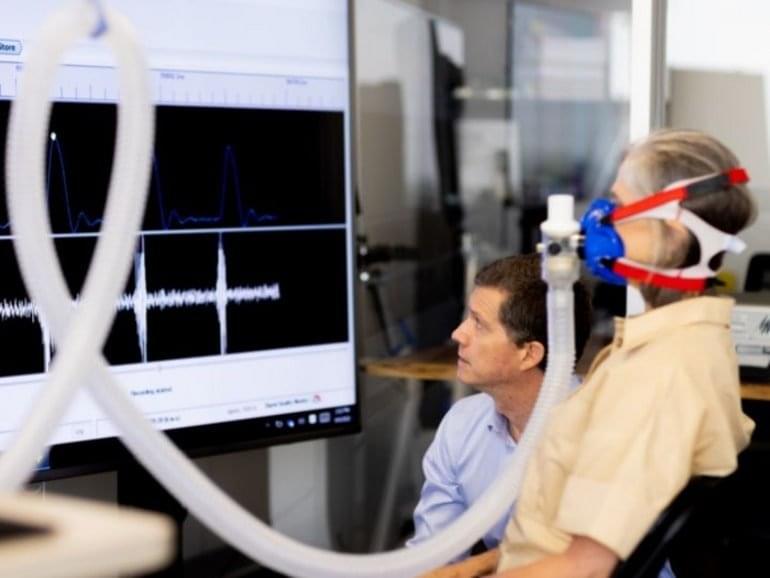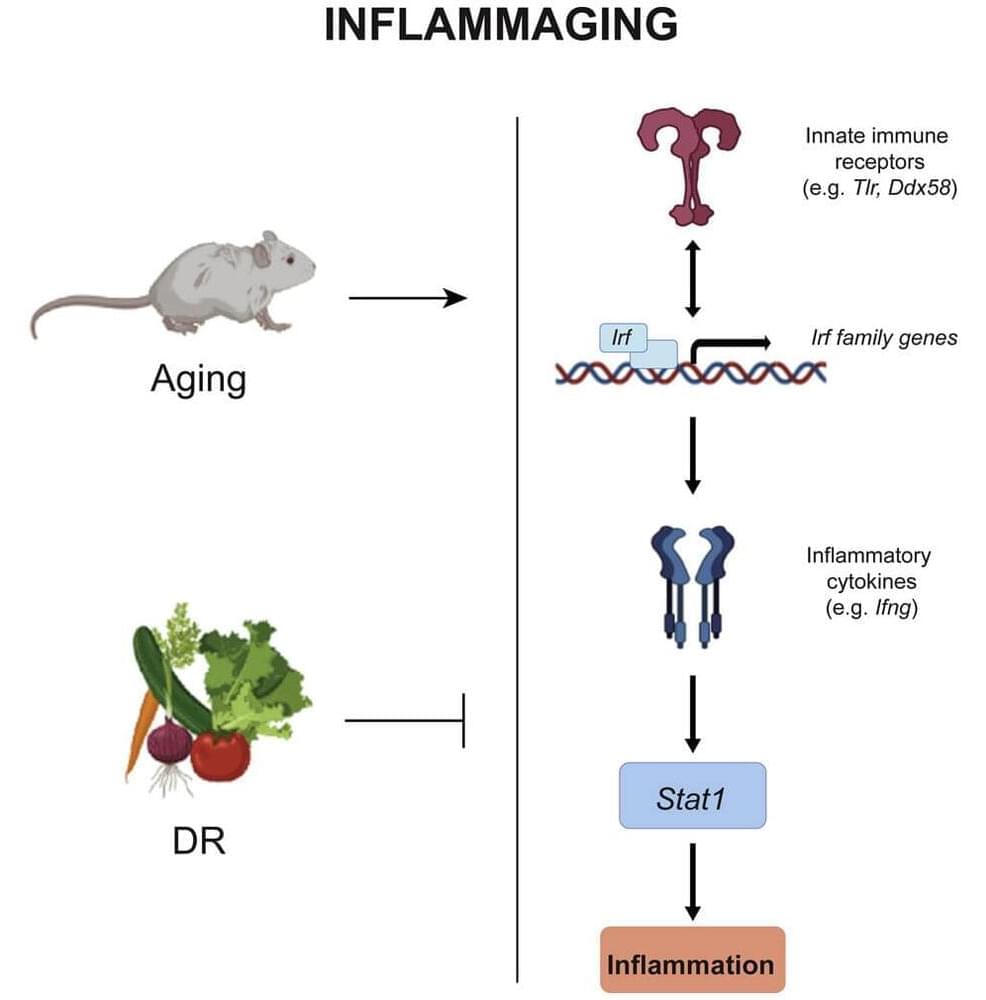Earlier this summer, Forrest Smith got some promising news. The Denver-based petroleum engineer, who works for the National Park Service, had read reports on a new diabetes medication called tirzepatide. Clinical trials had confirmed a potent side effect: Tirzepatide users could shed up to 20 percent of their body weight. Smith told me he spent his childhood cast as “the fat kid in school,” and his adulthood locked in a cycle of losing pounds and regaining them. Though he is not diabetic, he was aware that some doctors were prescribing the drug for weight loss and, feeling like he had nothing to lose, sought one out for treatment. He took his first weekly injection in July, and says it was like “a switch was flipped overnight.” Food cravings disappeared. When watching skinny friends eat, he used to wonder, “How do you not eat that entire plate of cookies in front of you?” That all changed. “One cookie? Totally doable.”
He now weighs 236 pounds, 24 pounds down from when he began the medication. Smith’s spouse and parents were so impressed with his progress that they decided to seek out tirzepatide, too. His young children have noticed that running around their garden now tires them out before their father. Since his first shot, Smith has been reaching deeper into his closet for clothes that will fit. “Hopefully,” he said, “I don’t find parachute pants—I don’t have to go that far back.”
Tirzepatide (marketed by Eli Lilly and Company as Mounjaro) first became available to the public in May of 2022, when it was approved by the FDA as a diabetes treatment. And while FDA approval for using the drug specifically for weight loss appears imminent, doctors have the authority to deviate from FDA mandates when prescribing drugs, and some have been writing scripts to treat obesity at their own discretion. “I’ve been very excited about these medicines,” said Dr. Melanie Jay, director of NYU Langone’s Comprehensive Program on Obesity. “[Obesity] has always been something that’s under-treated.” It might be the trickle that precedes a torrent—tirzepatide is just one in a class of new extremely effective weight loss drugs that threaten to upend the way we think about and treat obesity.







